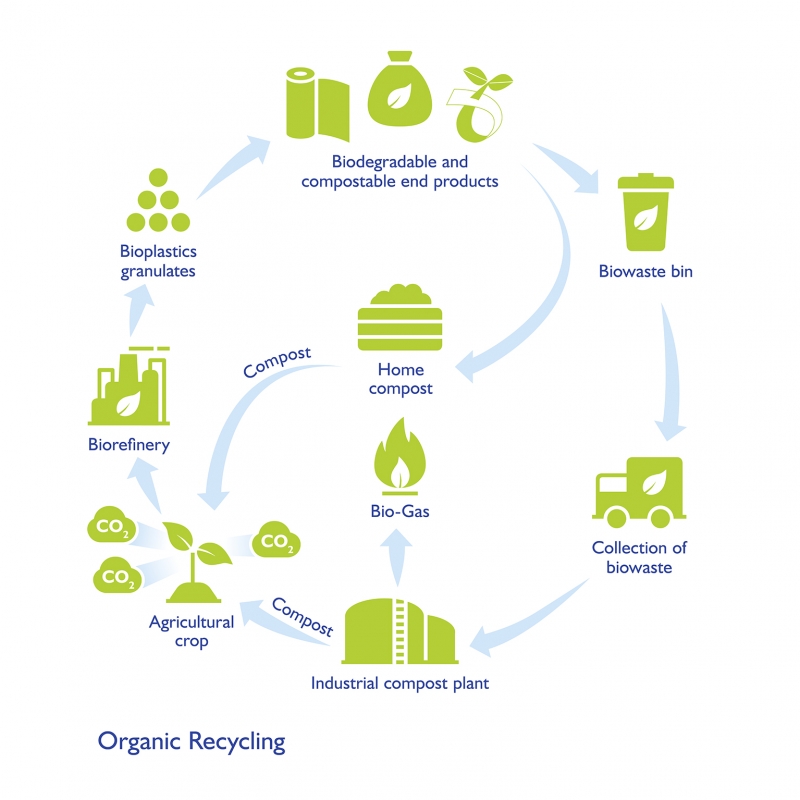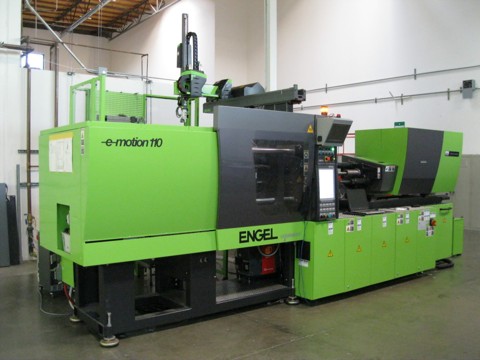With demand for injection moulding machines threatened by the worldwide pressure on capital expenditure Arburg has developed and introduced a new series of machines in just three months. The new Hidrive is largely electric powered, but it is on sale at 25 per cent less than the Alldrive fully electric machine and 15 per cent above the standard hydraulic machines.
The Hidrive is described as a hybrid machine by virtue of the electric injection unit being replaced by an accumulator-boosted hydraulic unit – although Arburg says it will be classified for statistical purposes as a hydraulic machine by the German VDMA trade organisation. But much of the cost reduction has come from restriction of the machine’s format to standard modules – for instance only one injection unit size will be available for each clamp tonnage. This is a similar approach to the way the company cut the price of its standard hydraulic machines when it introduced the Golden Edition, but Arburg is at pains to point out that the two ranges are not comparable, in that the Golden Edition machines are cost-limited standard machines, while the Hidrive is a higher performance energy-saving machine but without the cost of building the machine for flexibility in specification.
Introduction of the Hidrive serves three purposes: it has cut the cost of an all-electric machine; it has provided an entry level machine for companies contemplating adopting all-electric technology; and the addition of the accumulator-boosted injection unit has opened up the application of the electric machine to processes needing higher injection speeds, like packaging and thin wall moulding.
The Hidrive is being built in a series from 60 to 320 tonnes clamp and Arburg says it has already taken orders.
The Hidrive made its debut this week at the opening of Arburg’s opulent new Eur multi-million (the company will only say it is a double digit millions amount) customer centre at its Lossburg, Germany, headquarters. This has brought together the demonstration and customer support facilities that had become fragmented around the plant as the company’s machine range grew. The new building has a floor space of 2,100 m² and houses 36 machines, with room for another couple if need be, representing all the major variants across the company’s range. It has been designed for energy efficiency and makes use of a grid of geothermal boreholes to draw warmth for space heating and remove and store the heat from process water. The customer centre also houses an ISO 8 – 7 clean room, and dedicated rooms to demonstrate powder injection moulding and production planning and optimisation.
The effects of the financial crisis pushed Arburg’s turnover in 2008 down 14 per cent on the record year of 2007 to around Eur 350 million. In the same period the company increased its investment by 30 per cent to Eur 13 million, and increased its workforce by 2 per cent to 2,066 worldwide.
However, taking the most severe periods, Arburg is expecting its turnover for the first two months of this year to be half that of the same period last year. The recession has hit other companies as hard if not harder, and Arburg says its market share in Germany rose in the last quarter of 2008, while it was maintained in Europe and the rest of the world. Because of the size of its machines and its modular method of construction Arburg says it has a shorter lead time than other companies, so the effects of the recession have hit it earlier, and will come in faster during this year, and it expects its sales in 2009 to decrease by more than the VDMA prediction of 20 per cent overall.
Like other companies Arburg has been adjusting its production to match the needs of its falling order books, and after exhausting production economies, had to introduce short time working across the operation in February. Unlike most other companies Arburg’s family-owned structure means it does not have the same pressures as companies with a duty to external shareholders, and has financial reserves to help balance falling sales.
Its policy is to resist laying off staff in whom it has invested training and who will be needed when the crisis is over and orders start to rise again.
source: britishplastics.co.uk





